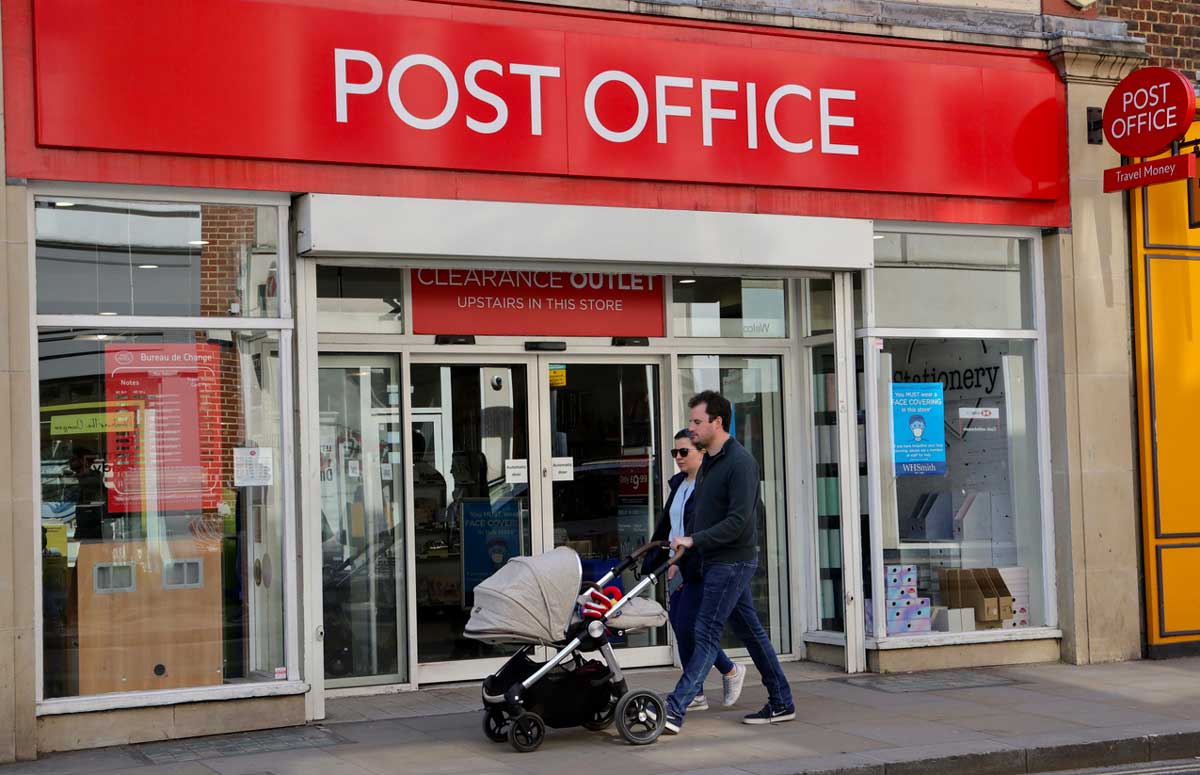Image: Istock
Darkness before dawn?
In hard times, we must focus on the positive changes we can make

GOVERNANCE & STRATEGY

James Tickell
Partner, Campbell Tickell

James Tickell
Partner, Campbell Tickell
Issue 78 | June 2025
83% of people in the UK agree with the statement that “Nothing much seems to work very well these days”! Well, OK, I made that statistic up, but then 42% of statistics are invented anyway. And 83% is as good a guess as any, certainly for those who have to travel by rail, live near sewage infested water, or use pretty much any statutory service; and don’t even get me started on customer service “helplines”! Even our own world of social housing seems to struggle sometimes, with any number of service failure cases to keep our very own mustard-keen Housing Ombudsman more than busy.
Keeping things simple
Staying on the theme of our ailing wider society, the reasons are various, with lack of funding a very visible driver. But top of my list is the menace of complexity. Take the NHS, for instance. It has amazing, committed people doing their very best, but they are struggling with dozens of incompatible, over-lapping and inflexible systems that inevitably lead to waste, and then to vulnerable people falling between the cracks. Maintaining data integrity in such situations becomes an almost impossible challenge, one also faced in many other sectors, including housing.
The rail network is another case in point, with the almost unimaginable complexity of operating companies, train leases, the rail and signalling systems and an ineffective regulator to boot. In this case, the extraction of profits by the private sector also tends to work against the wider interest. For instance by delaying investment in new rolling stock way beyond the design life of existing trains.
The same is true of the water industry, and its (lack of) investment in sewage treatment works. But that kind of short-termism can just as well be driven by the election cycle, and the unavoidable temptation for politicians to kick any awkward cans way down the road – even such important ones as the imperative to tackle climate change, or invest in social homes. So why does this complexity persist and what can be done to improve things – especially in the housing sector?
“70% of tenants recently found to be struggling to pay the rent.”
Drivers of failure
At its darkest, some of our failures are driven by sheer greed, sometimes even dishonesty. It’s now an open secret that in some cases, unscrupulous operators are charging local authorities large sums to care for vulnerable people, including children, and simply not providing the services needed and paid for. This results unavoidably in cruelty.
For social landlords, the poverty, the ill-health and deprivation of many of their residents sets the difficult context for service delivery, with some 70% of tenants recently found to be struggling to pay the rent. For the landlords though, the legacy of the 2015 rent cuts, together with the costs of building remediation and decarbonisation, put them under intense financial pressure as well. The problem here is a complex systemic one, not likely to be fixed by tinkering with rents, benefits or any one part of the system. But the result is simple – further growth of wider inequality, globally and nationally.
Inequality in focus
Speaking of inequality, some of my best friends are billionaires … but … there are now 3,000+ of them in the world, up from around 470 at the turn of the century. Some 20 of those are even “centi-billionaires”, meaning that they have fortunes of $100 billion or more. As we have seen recently, the billionaire class is skilled at paying minimal taxes, and extraordinarily keen on deregulation, for reasons that are not hard to discern. And they are not without influence on our politicians, to say the least.
The top 1% of the global population hold around half of the world’s wealth, while the bottom half have less than 1%. These are striking figures, and go some way to explaining why poverty and deprivation are still with us, and even increasing. Yes, we need wealth creators, but could do with fewer robber-baron wealth extractors.
The frailty of human nature
The other side of the failures we see are perhaps more driven by the frailties of human nature. Leaders who have been in post for long periods of time can become less flexible, more likely to deny or ignore inconvenient truths that challenge their preferred narratives of success. Never mind the obvious international examples, our own fiasco of the sub-postmasters – hounded to bankruptcy and even suicide and blamed for problems that were absolutely not of their making – is an obvious case in point. In the era of social media, it seems to have become so easy to double down on blatant lies, and often get away with it.
Delusional or unrealistic narratives can mean that evident risks are ignored. Even in the world of housing, we have seen, over the past few years, quite a number of self-designated entrepreneurial geniuses losing large sums on doomed “commercial” ventures, while their boards stood by and watched hubris reaching its usual conclusion, accepting reassurance rather than assurance. Negative organisational culture can make things worse, when sloppiness and unfavourable narratives about tenants then contribute to wider failures.

“Never mind the obvious international examples, our own fiasco of the sub-postmasters... is an obvious case in point.”
So, what’s to be done?
Despair is too easy. Sorting out the global economic and political systems is somewhat beyond my pay grade, though maybe I could be persuaded to have a go. Even the NHS and UK rail network might be a couple of bridges too far. Realistically, we’ll just have to hope and pray that we can choose wise leaders, who can then take a long-term, systems thinking, strategic view. The omens aren’t that good, with scoundrels and incompetents at many helms, but as the poet Thomas Fuller wrote in 1650: “It is said that the darkest hour of the night comes just before the dawn.”!
In the sectors where we can make a difference, good governance surely heads the prescription. For leaders, non-executive and executive, clarity, curiosity and challenge are vital, always in support of social purpose.
Tenants and residents really are the name of the game. Achieving simplicity, with a real focus on data integrity, and on the longer term, should go a long way. Diversity of thought is critical to good decision making. Real risk management will be key, not just gazing, bemused, at vast risk spreadsheets, peppered with the traditional reds, ambers and greens.
Nurturing a positive and diligent organisational culture at all levels, but especially the frontline, is the best way of avoiding egregious service failures. I could go on, but my views on these matters are well covered elsewhere. So when so much seems to be going to hell in a handcart, we can at least do our best to get things right in our own little corner of the world.

